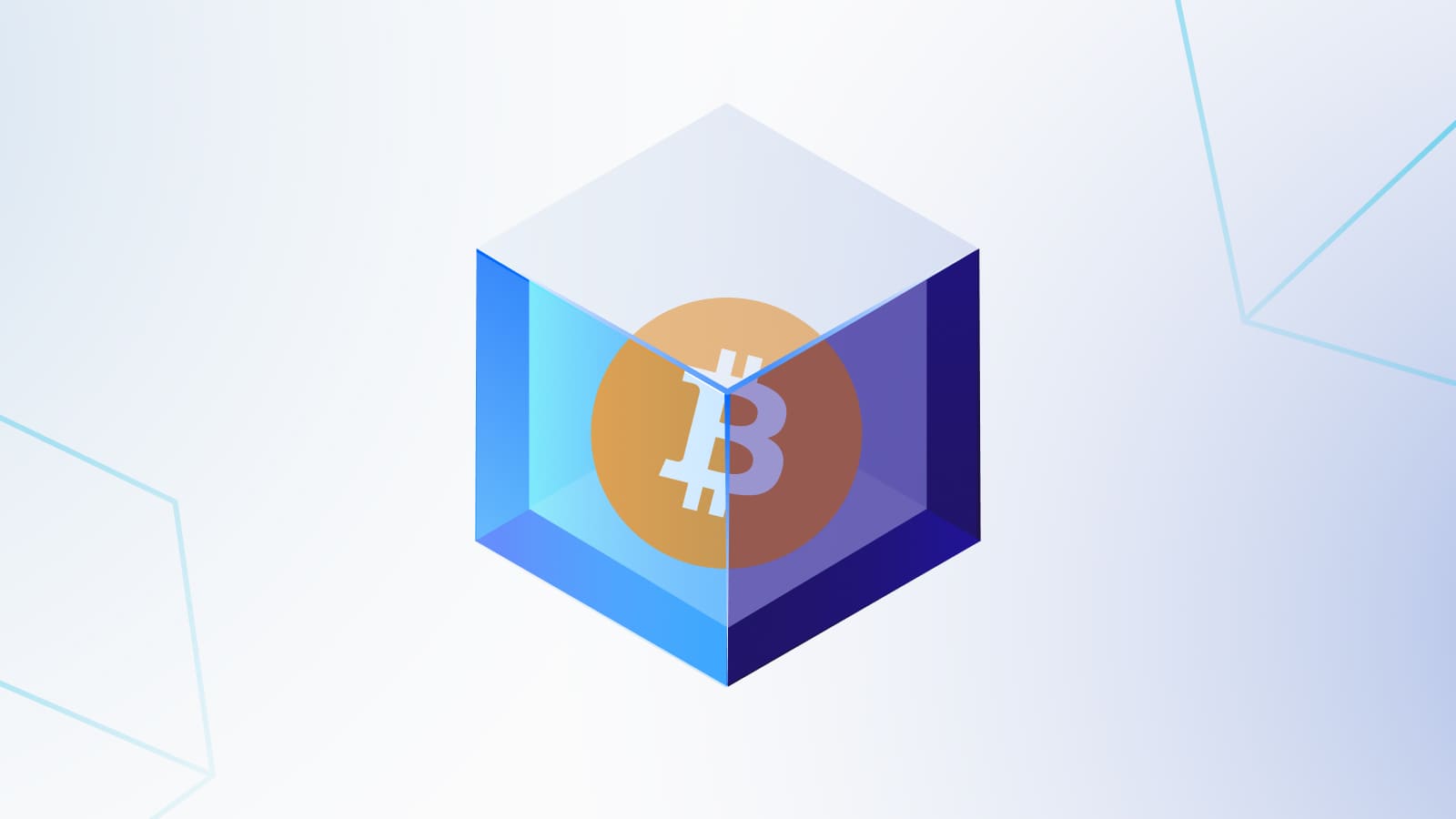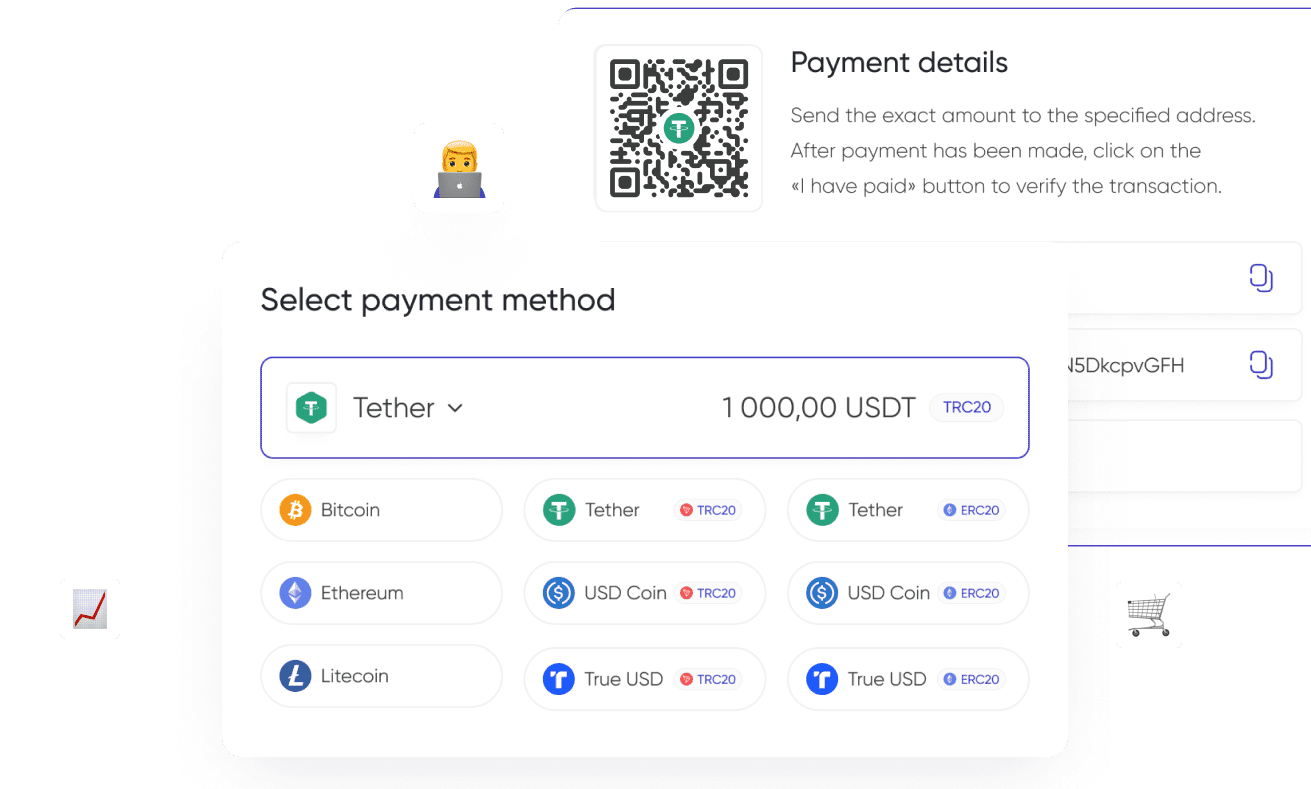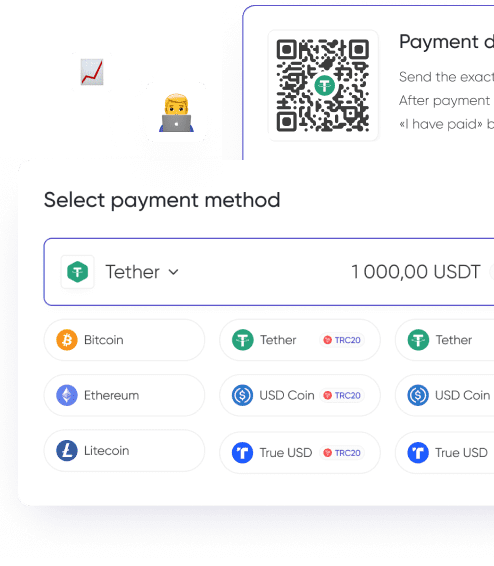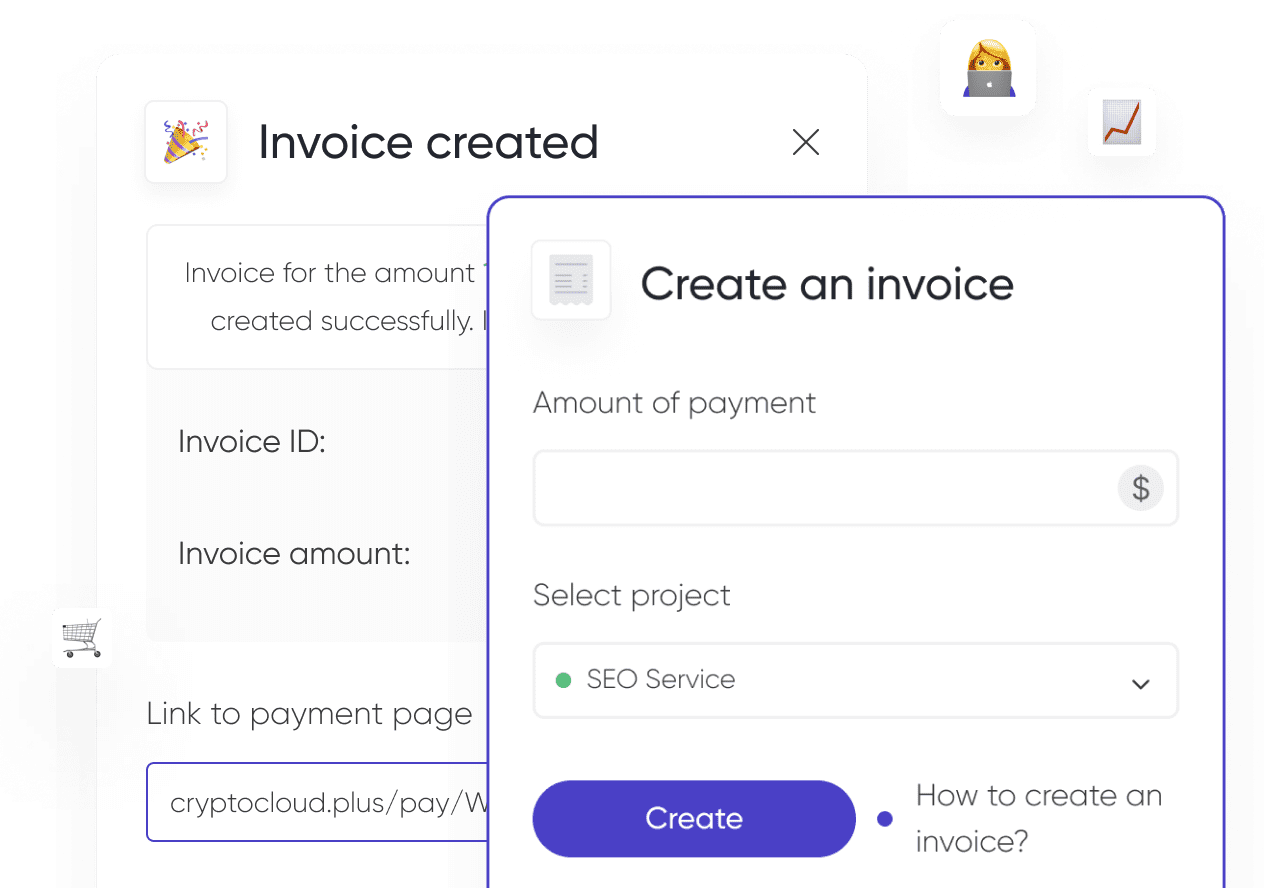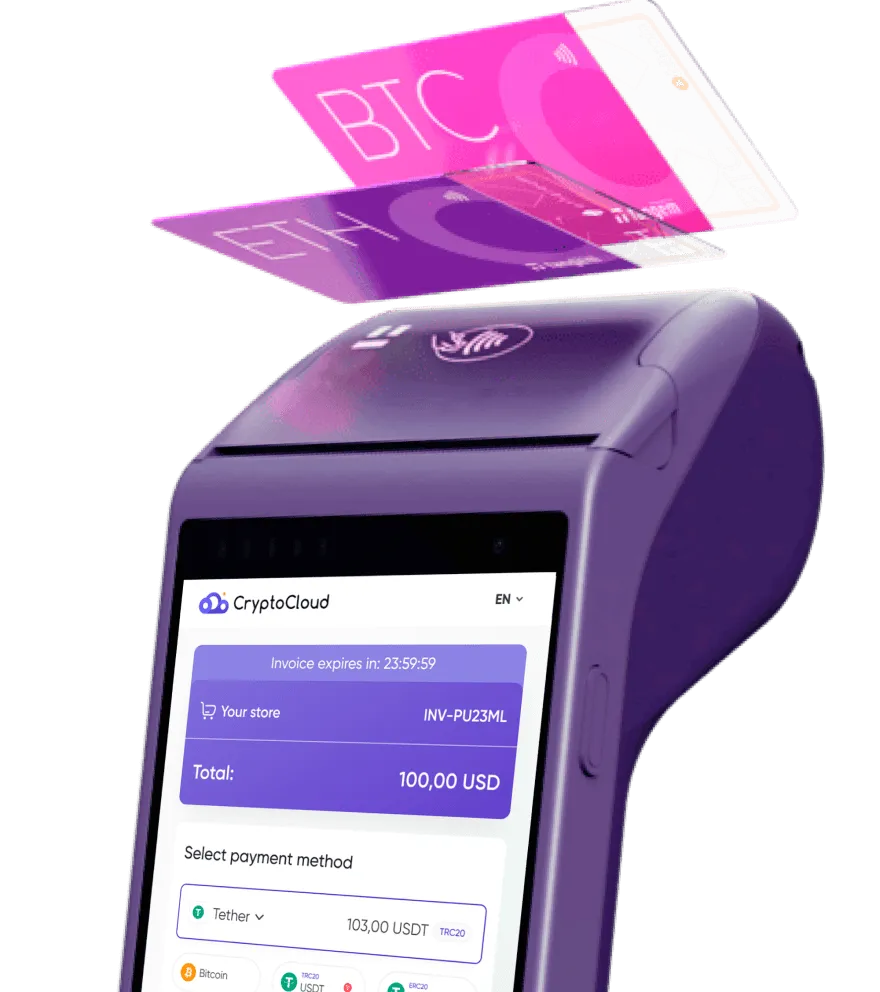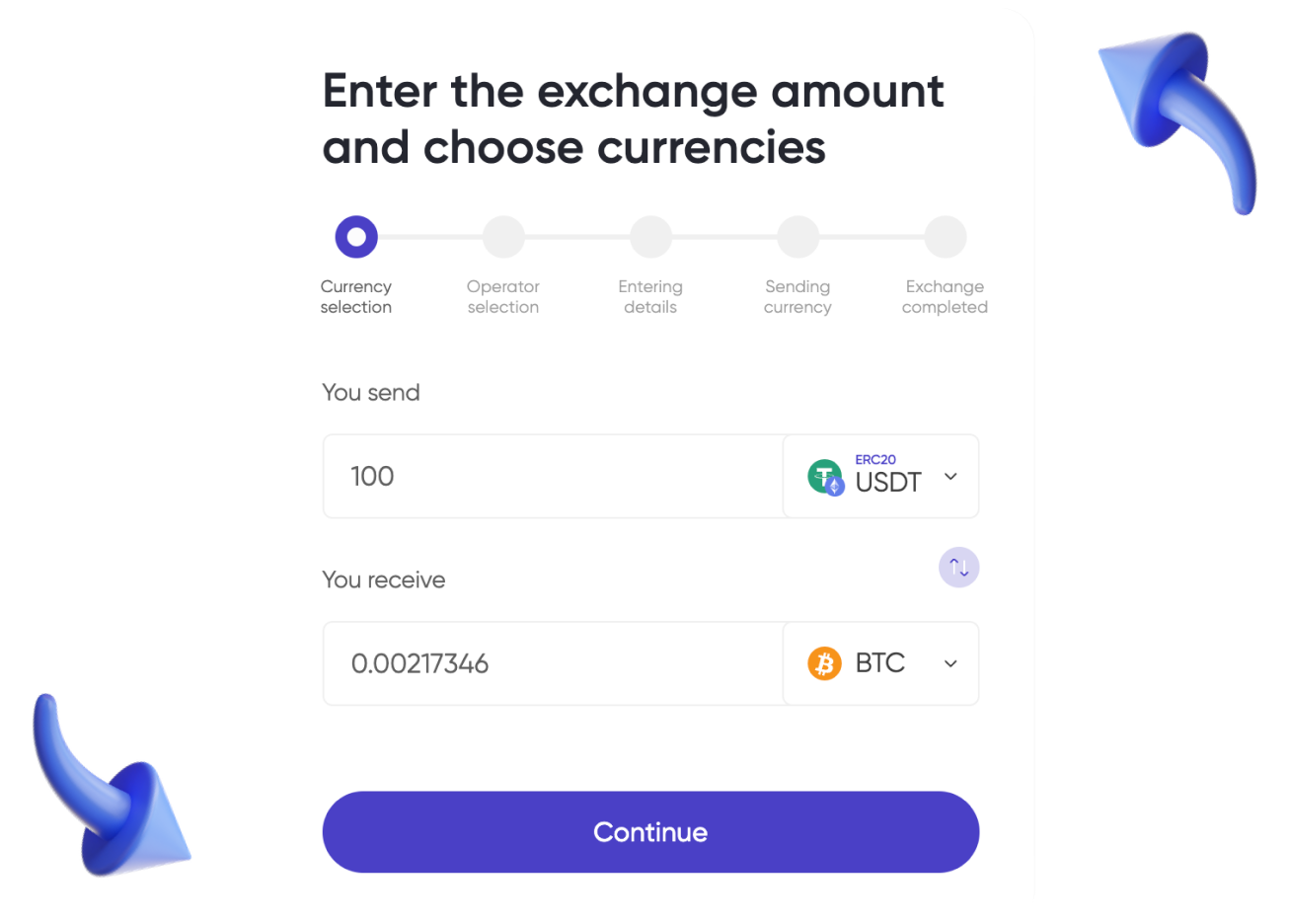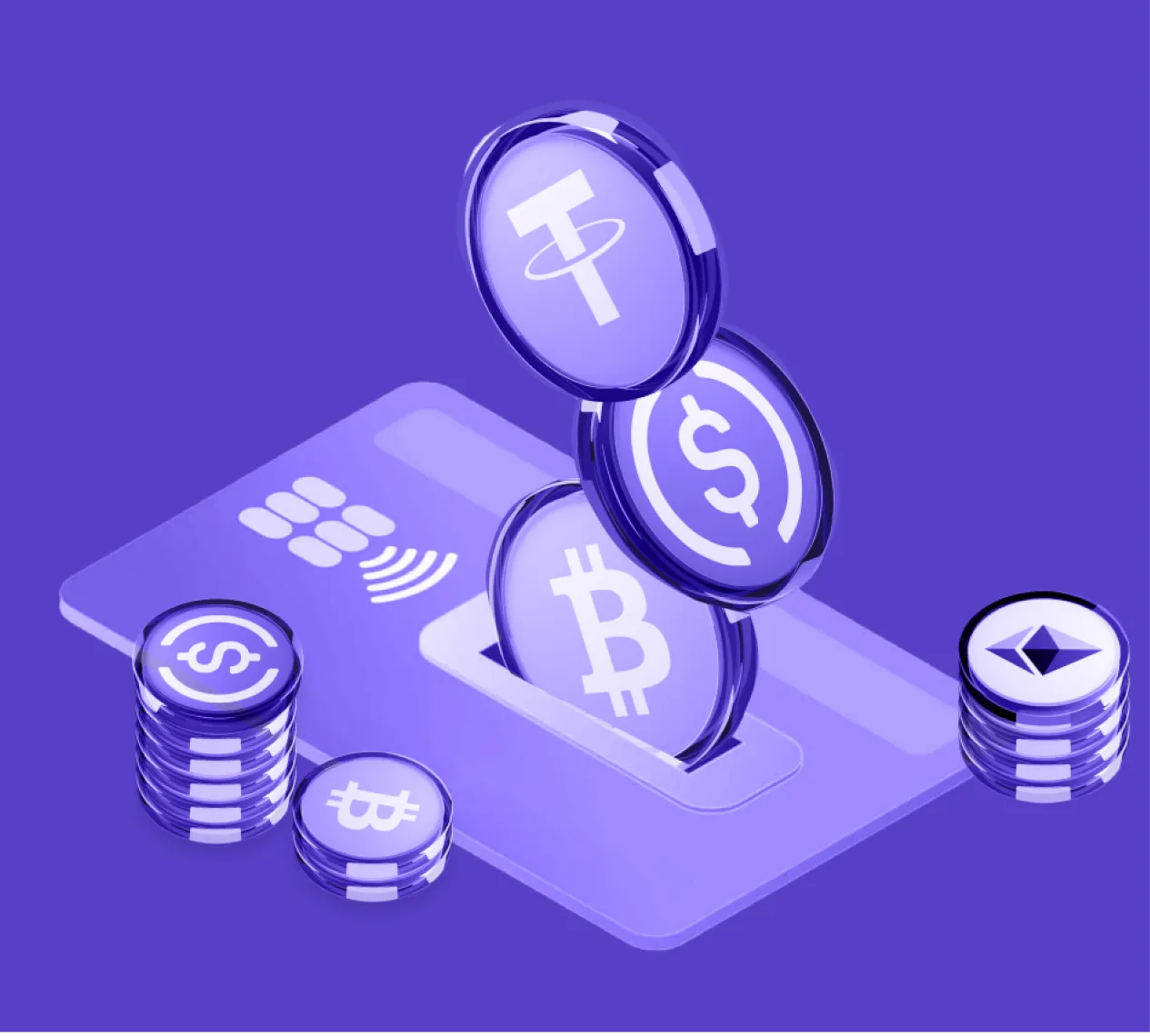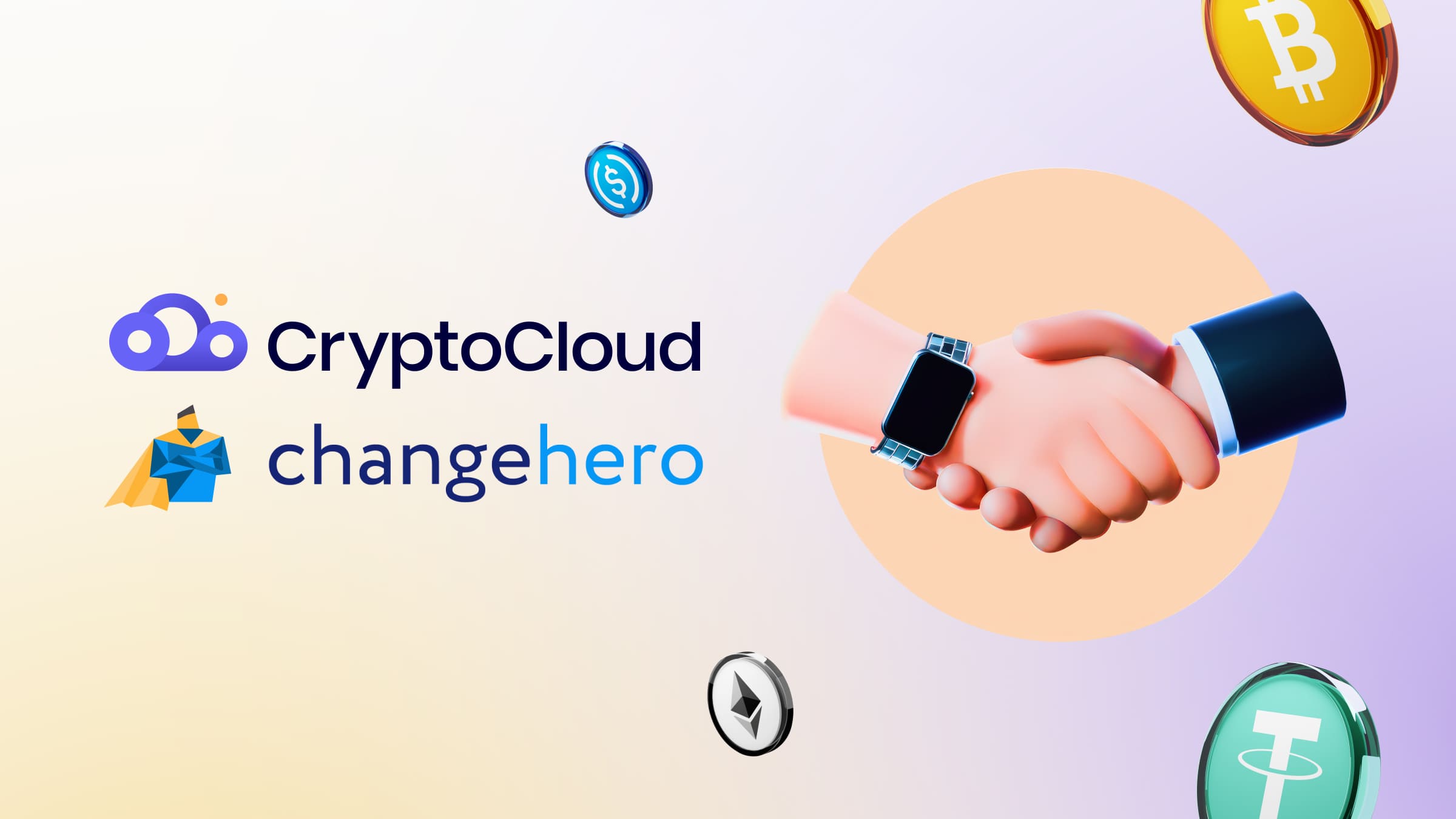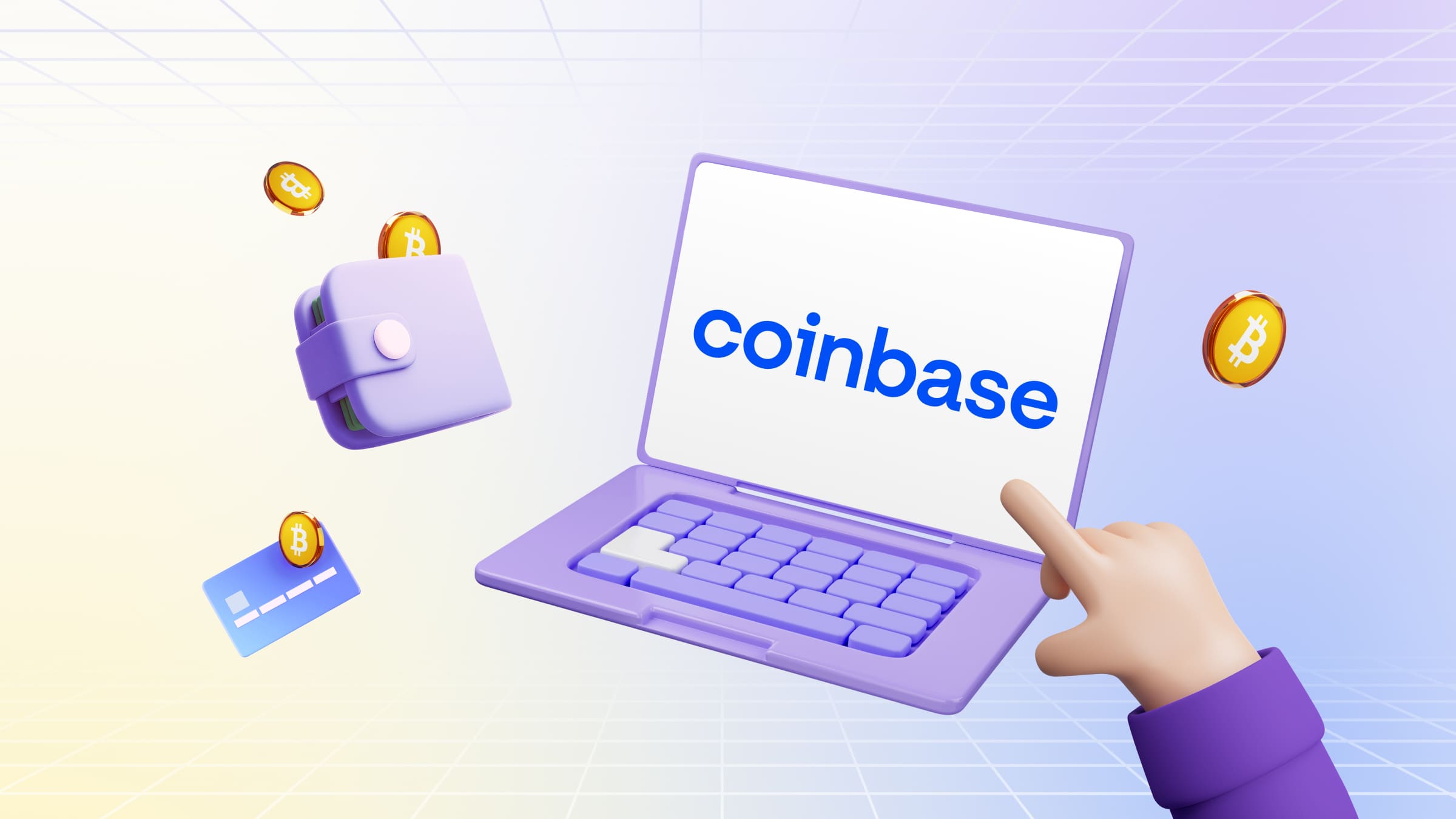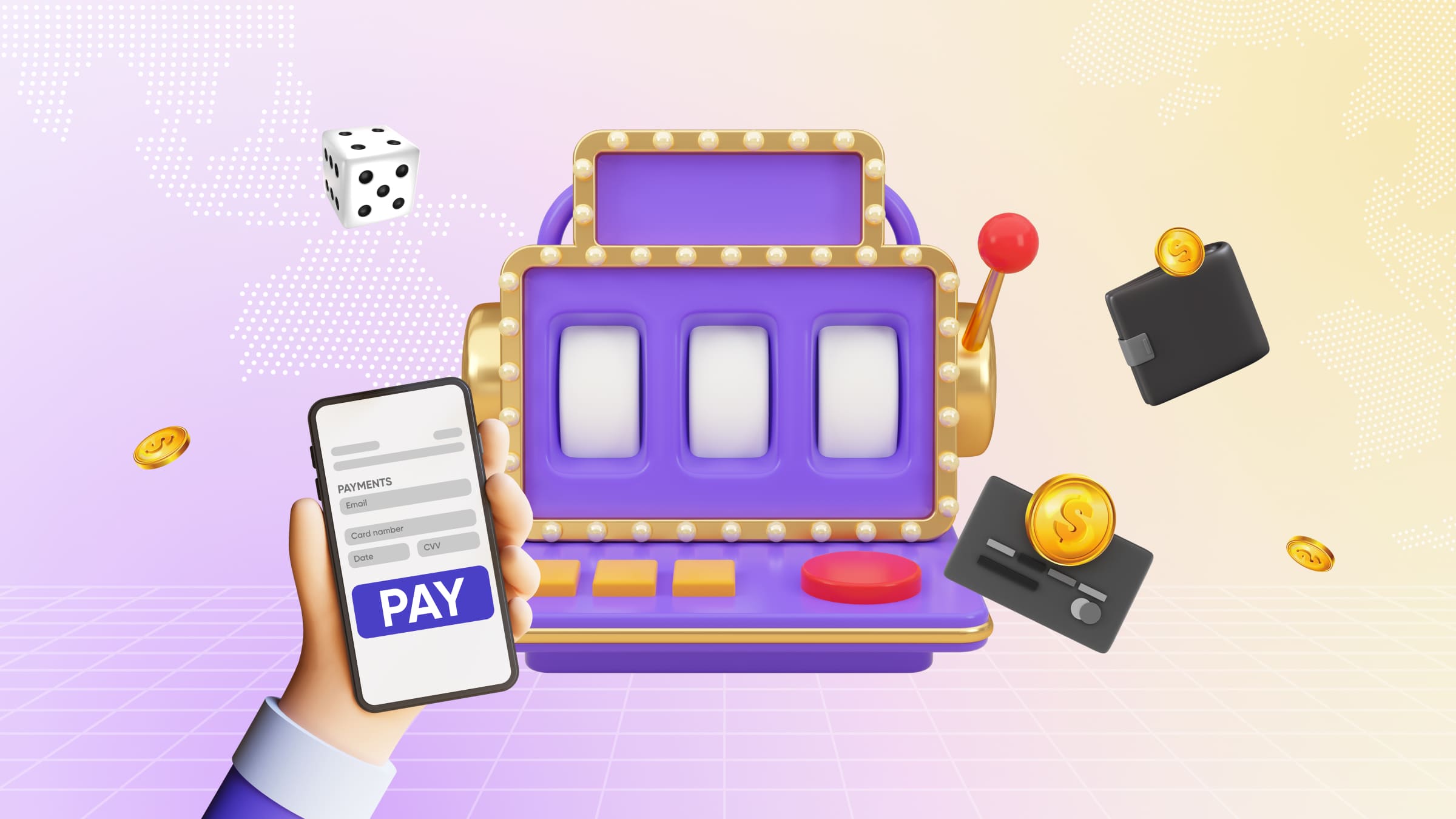The use of digital assets to pay for goods and services on the Internet is actively gaining momentum. One of the main drivers of the popularity of Bitcoins and other cryptocurrencies as a means of payment is the low transaction fee. The commission rate is not fixed, it does not depend on the transfer size and should be calculated individually.
What is the blockchain network commission? Who receives it? How much do I have to pay for a transaction? In this article we consider all financial issues.
What is a Blockchain Commission?
Blockchain network is a sequence of verified transaction blocks. The commission of the blockchain network is the fee that the sender pays for making a cryptocurrency payment. The commission is obligatory and has two important functions:
- It goes to support miners/validators who help capture the payment process and confirm transactions on the blockchain. When processing blockchain payments, miners first select transactions with the best size-to-commission ratio to maximize their profits.
- It serves as an essential factor in securing the network by protecting it from spam attacks. It works as a tool against hackers trying to invade the network by initiating many simultaneous transactions. And since launching several hundred thousand transfers with the commission is too expensive, that deters intruders.
In addition, the commission regulates the queue of cryptocurrency transactions. The larger the commission you pay, the faster the transfer will be processed and confirmed.
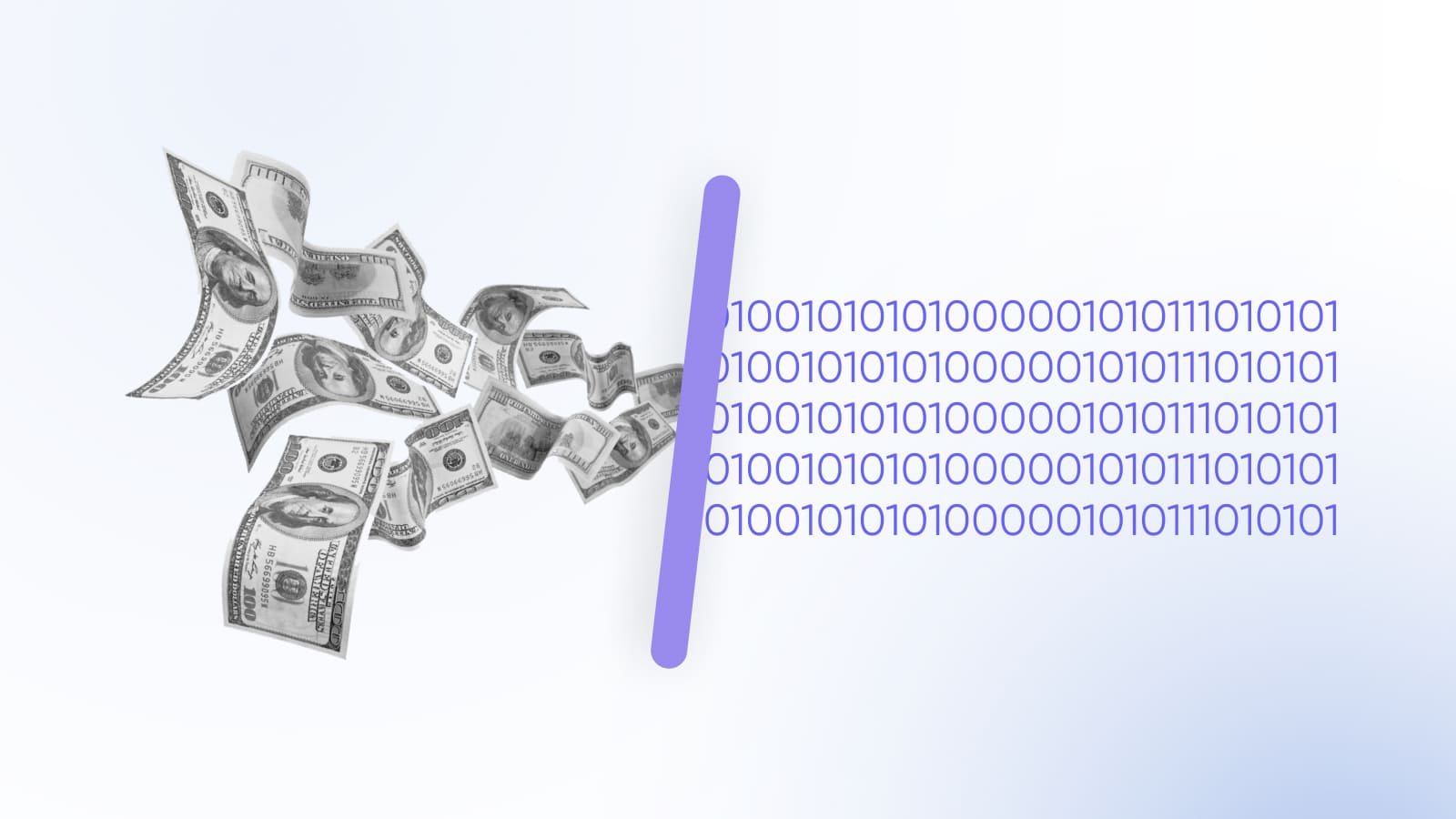
At first, payments could be sent free of charge. The confirmation waiting time for free transactions did not exceed 25 minutes. Therefore there were the majority of them. But as cryptocurrencies became more popular, the number of payments increased, and the commission became necessary.
The cryptocurrency transaction fees depend on the network used. For example, Bitcoin, Ethereum, Litecoin and Tether (USDT) have different transfer fees.
How Does the Cryptocurrency Transfer Algorithm Work?
The transfer of digital assets is performed online. When it is sent, it is verified whether the transaction is correct and whether the user has enough cryptocurrency for the transaction. If everything is right, the transfer:
- is sent to a sort of "waiting room" (mempool);
- is included by the miner in a preliminary block. This block can contain about 2,500 transactions, as the size is limited to 1 MB. So in case of high traffic and activity of the blockchain network participants, an impressive queue is formed. Thus, it automatically increases the time of payment processing;
- is evaluated in terms of priority. Payments with high fees are processed first (it usually indicates the importance and urgency of the transfer);
- is confirmed and moves to the mined block.
The transaction speed depends solely on the miner, whose algorithm is based on the fact that the priority parameter in confirming transactions is the amount of payment (fee) the sender offers for making the payment.
What Exactly is the Role of Miners?
Miners support sending and receiving cryptocurrency payments. Miners are programs that register and confirm transactions in the blockchain. They use mathematical calculations to "sort" the transfers in the queue and assign them a certain priority depending on the amount of the commission fee. Then the transaction is confirmed or left in the queue. The transfers with the highest fees are among the first to be approved.
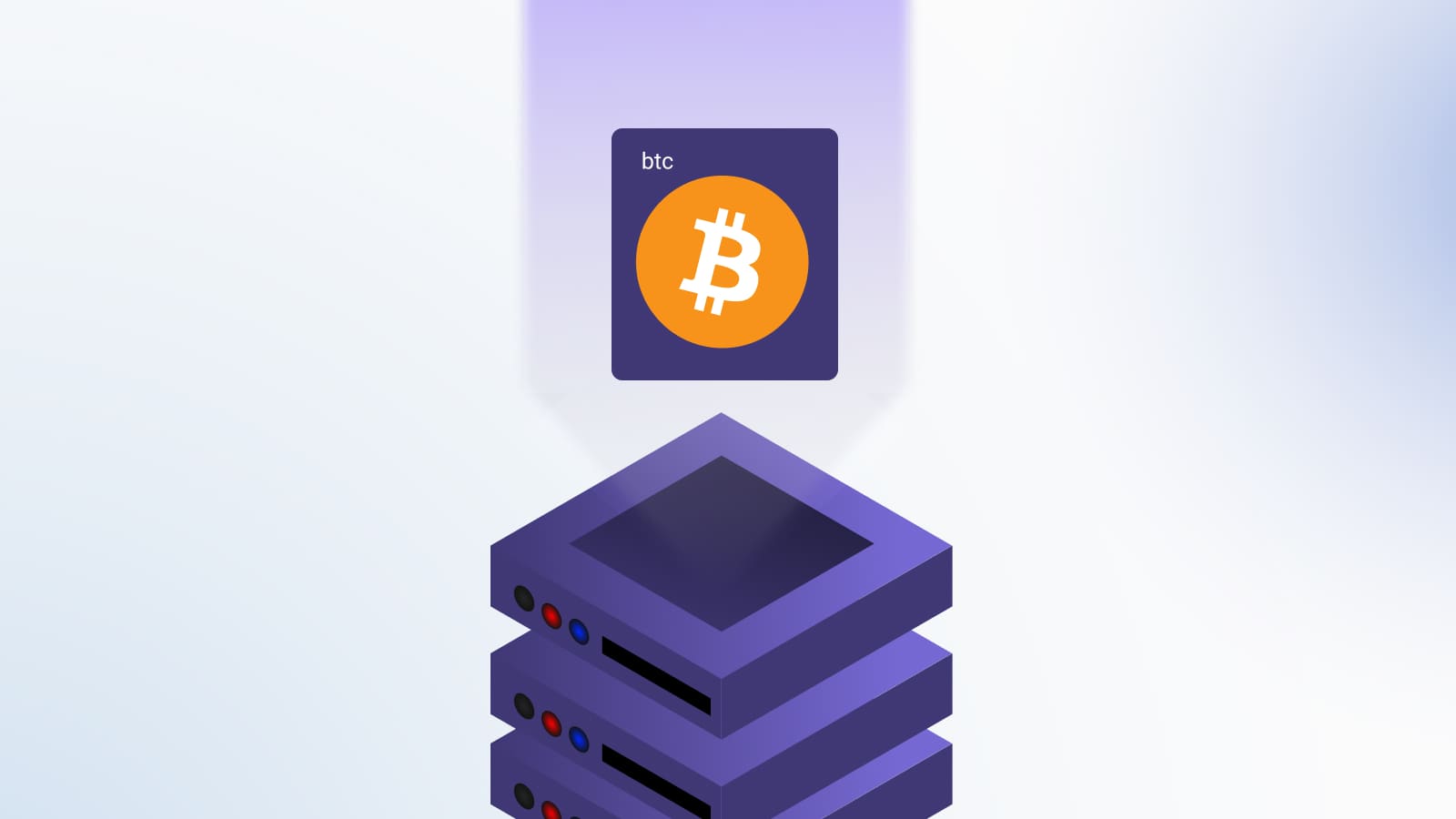
Blockchain transactions are anonymous, meaning that users cannot be traced, but the queuing, sorting, and confirmation of transactions are not private. Using specialized services (e.g., Blockchair), you can monitor the workload of the blockchain network in real-time, i.e.:
- view the transactions held in a particular blockchain;
- determine their number;
- find out the average fee;
- calculate the commission rate for a transfer so that the miner will include it in the next block.
How Is the Bitcoin Network Commission Charged?
When paying with Bitcoins, you specify the commission while setting the parameters of the financial operation. And when the payment is confirmed, the fee is deducted from the sender's account along with the transfer sum. For example, a sender plans to transfer 0.2 BTC and sets a fee of 0.0006 BTC. Therefore, the final payment amount will be 0.2006 BTC.
You can calculate the fee amount or set the so-called recommended fee. The recommended fee is a system-suggested one calculated to include the transfer in the nearest block. It is commonly used by senders who need help with the fee calculation. You can get recommendations on dedicated resources or directly in wallets or exchanges in the process of sending a transfer.
The transfer amount does not affect the commission fee, but it is worth remembering that the fee for the miners' services directly depends on the "weight" of the transaction, which is the program code measured in bytes. For example, the size of your transaction is 200 bytes, and the average transaction fee is now 70 satoshi per byte. In this case, you would have to pay about 14,000 satoshis (or 0.00014 BTC).
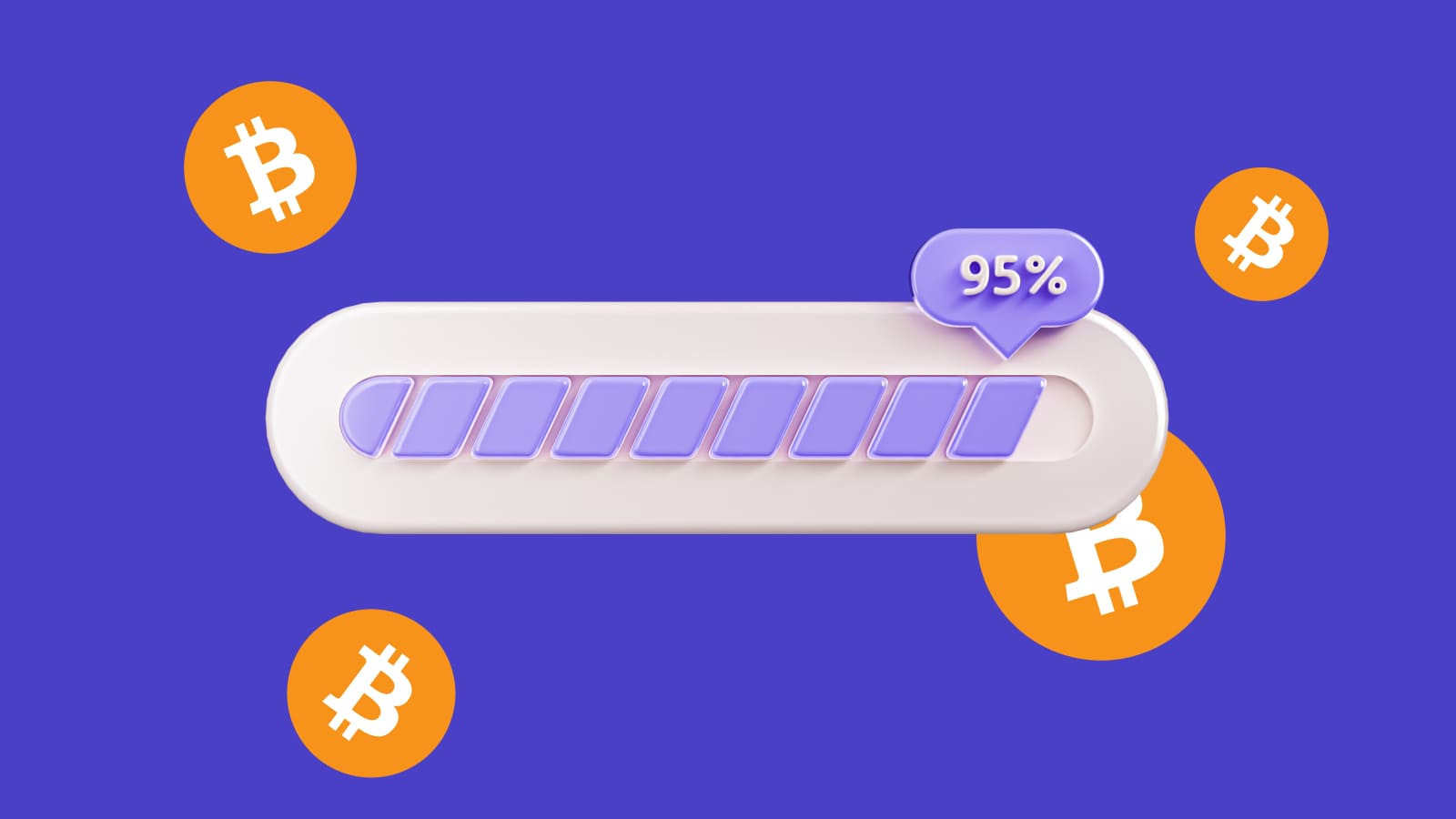
Due to the ever-increasing number of daily transactions, large queues form in the network. That slows down the transfer confirmation procedure. This is due to the fact that there often needs to be more blocks available to accept the transaction. Yet, knowing that miners prefer more expensive transactions, senders try to attract the attention of programs by increasing the commission.
This approach allows for faster confirmation of the transfer, but if there are many people ready to pay well to speed up the process, the commission size can become unreasonably large. Such "auctions'' help miners to make a great profit. However, they are dangerous for transfers with a small commission that can stay unnoticed and stick around indefinitely.
Ethereum Network Commission Differentiation
The Ethereum network's transaction fees work differently from Bitcoin. Ethereum charges its fees in gas, a special pricing unit that measures the computational resources spent on a transaction. Gas is also priced in Ethers. The total transaction fee is determined by the ratio between the amount of work (computing power required) and the gas price.
Generally, the amount of gas needed for a transaction does not change, while the price is subject to fluctuations depending on traffic. Tasks that require larger amounts of resources to execute cost more. Miners favor higher-cost transactions, so running small transactions may not be as profitable for users. Transactions with a small fee will also be processed, there's just a chance you may have to wait a bit longer.
Other Factors that Affect the Commission Rate
Blockchain network congestion and the urgency/importance of the transaction affect the fee. Still, there are a few other factors as well, including:
- Script complexity. The transaction processing functionality is quite extensive and allows for various options, such as multiple signatures. They increase security, but significantly increase the size (not the amount!) of the transfer. Thus, the "weight" of a complex transaction may exceed 1000 bytes (a simple one "weighs" about 400), which, of course, will increase the fee.
- Number of inputs. Any Bitcoin is actually a reference (it is also called "input") to transactions that were carried out earlier in order to increase the capital. And this reference is transferred during the transfer. And if a unit of crypto was obtained from different sources, then it also contains several references that affect the size of the commission.
- Number of outputs. Outputs are the addresses to which payments are sent. The majority of transactions involve one or two outputs, but their number can vary. And the more there are, the more expensive the transaction is.
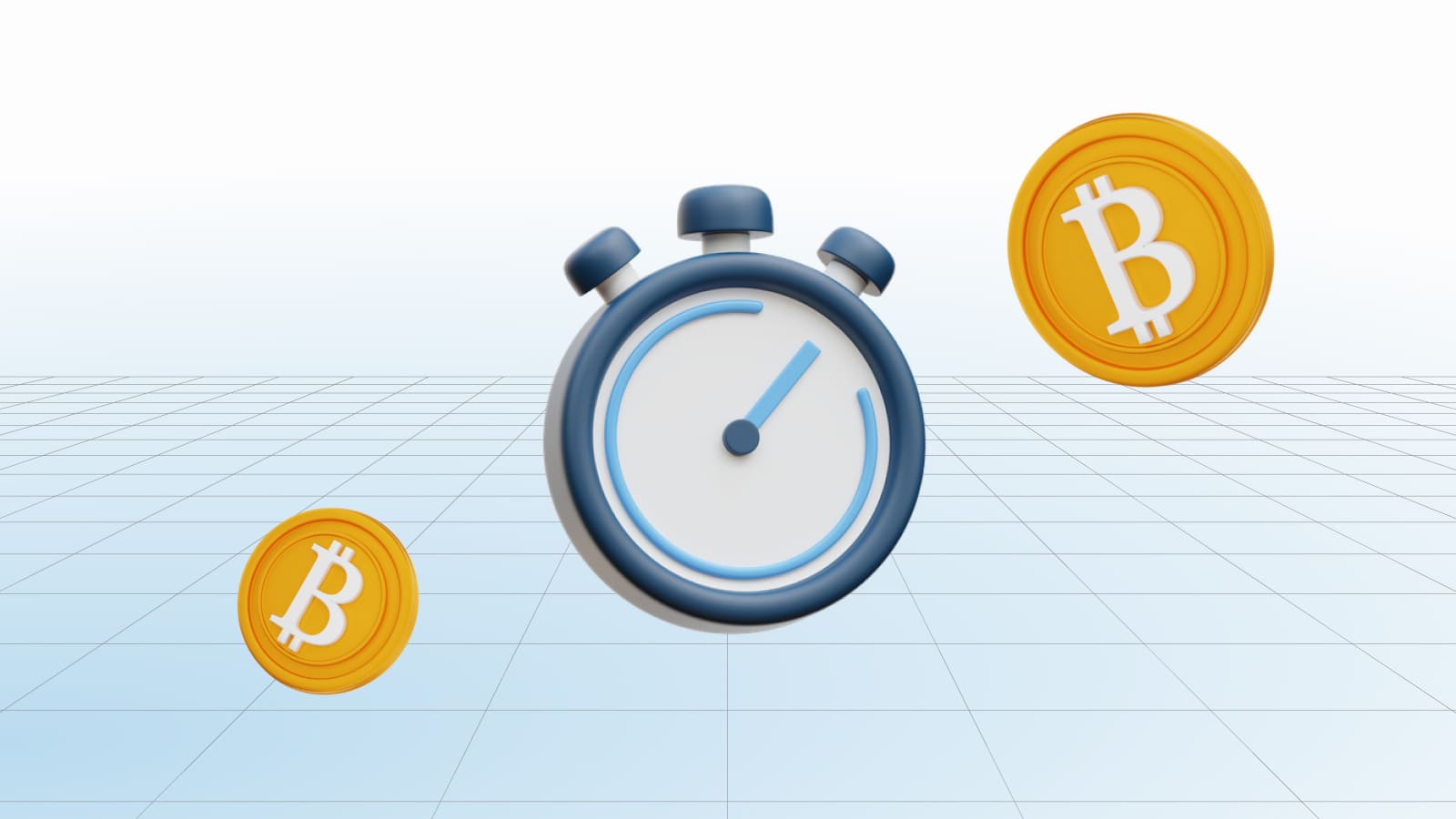
High commissions make it unprofitable and inexpedient to pay with cryptocurrency on the merchant's website for minor purchases, such as a cup of coffee in a coffee shop or an order at a fast food restaurant. In this case, the commission may be more than the amount of the purchase.
Are There Any Ways of Fee Reduction?
Users' desire to reduce the blockchain network's fees for transferring funds is clear. However, when trying to do so, do not mindlessly trust the advice of various monitoring resources. It is better to delve into the topic yourself and learn how to calculate the commission correctly so that transactions pass without hiccups.
Commissions are not directly displayed in the blockchain, so there is no way for the sender to find out the true cost of the transaction. Well, you can fix the problem in two ways:
- using the recommendations of a cryptocurrency wallet that calculates the average cost of 1 byte in real-time. This option is relevant for beginners who do not have much experience in dealing with cryptocurrency;
- calculating it yourself. To do so, you need to calculate the difference between the number of bitcoins sent and the "change".
You can see the queue of transactions pending confirmation and the minimum fee amount for already confirmed transfers on Memory Pool. And if you set the fee for your transfer a little higher than the minimum, the chances that the transaction will be processed quickly will increase.

There are no common ways to lower the blockchain network fee while avoiding hang-ups. To learn how to determine the optimal fee and avoid overpaying, you should study the question more closely, paying attention to the following factors.
Fluctuating fees
Since the transfer fee depends on the state of the blockchain at any given moment, the fee can vary during the day. If you monitor these changes, you can determine the best time to perform a transaction with a reasonable fee.
Recommendations of monitoring resources are not always accurate
Online resources that monitor the situation in the blockchain do not always provide users with correct information. This is due to the fact that changes often occur so quickly that websites do not have time to react to them. As a result, the information lags behind, and when it reaches potential respondents, it is no longer relevant.
Mining Pool Limits
Miners who are interested in increasing their income try to support the growth of commissions and prevent them from decreasing in various ways. The main tool for this is setting limits. As a result, transactions with commissions below the limit are simply not included in blocks.
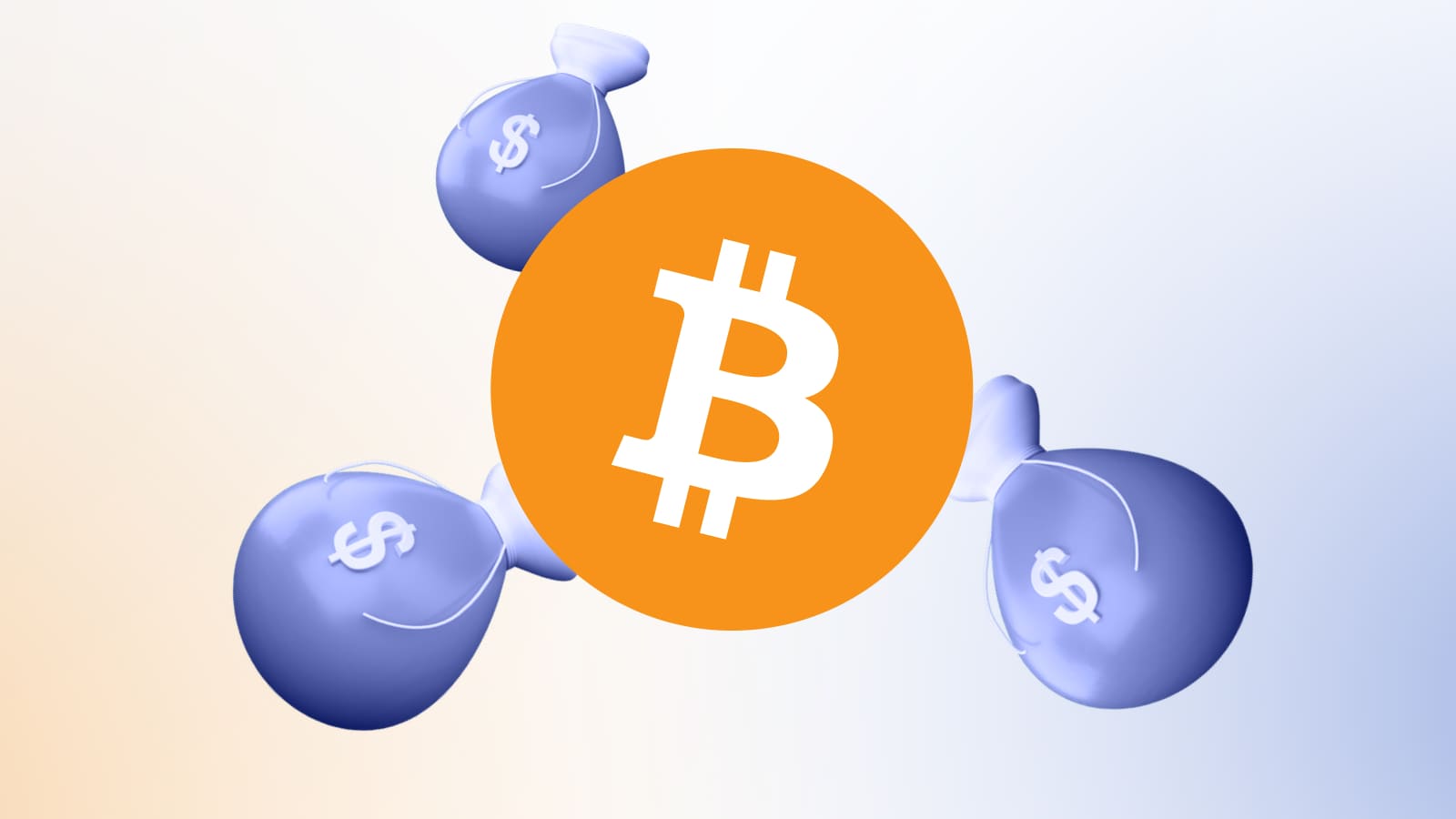
Artificial commission fee overstatement
It is implemented by attributing to the commission some extra fee, which is received by the wallet owner.
A properly selected crypto wallet can help you save on blockchain network fees: they come with and without the ability to adjust the recommended fee. Choose the first option, and you will have room for maneuver.
Transactions with minimal fees are real!
The ability to determine the size of the fee for payment so that the transaction does not "hang" waiting for confirmation comes with experience. For companies and online stores that want to work with crypto, it is better to use crypto processing services to optimize their operations.
We offer you to connect CryptoCloud crypto processing, which helps to organize convenient acceptance of cryptocurrency payments on websites and online stores. CryptoCloud provides:
- fast registration via e-mail address and easy moderation;
- minimal fees from 0,4%;
- fast funds withdrawal;
- integration using API and ready-made modules (Woocommerce, Opencart, etc.);
- support of different cryptocurrencies (Bitcoin, Litecoin, Ethereum, Tether, etc.).
Connection to your website will take no more than an hour, and you can start using the service immediately after registration.

